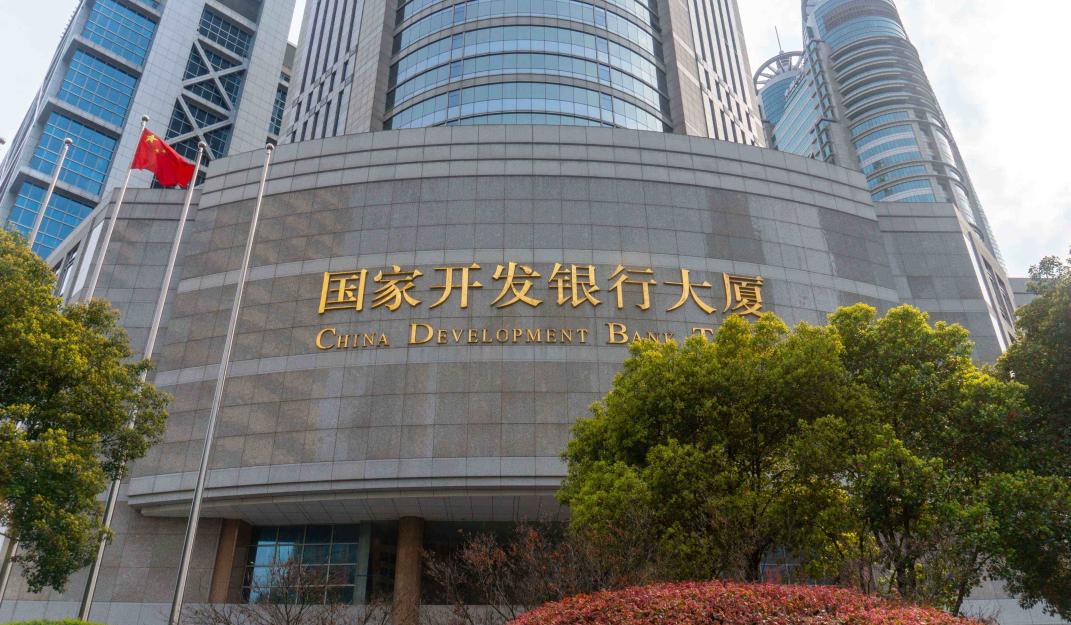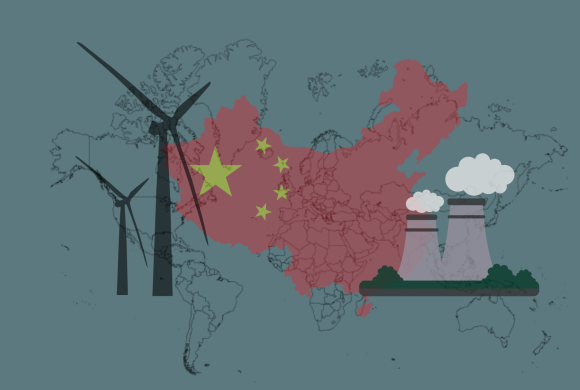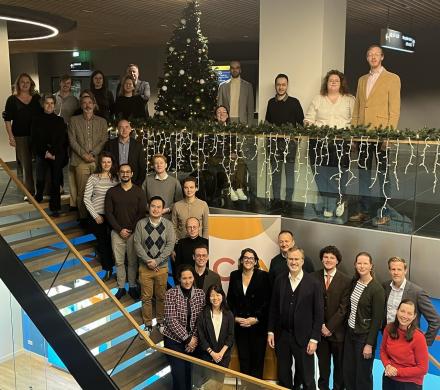#43 Chinese Development Finance in a Shifting Global Order

The report examines how CDF has evolved from what was once described as “patient capital” into a more commercially oriented model. It explores the global and domestic factors shaping this shift, its implications for recipient countries, and its position within the broader development finance landscape.
Key themes include:
China’s emphasis on large-scale infrastructure and the strategic role of policy banks.
Fragmented governance structures and institutional rivalries.
The “post-peak” phase of CDF, with a turn towards green finance, digital infrastructure, and PPPs.
Narratives of “debt-trap diplomacy” and the realities of borrower agency.
China’s bilateral versus multilateral approaches to development finance.
The report provides an empirically grounded and balanced assessment of CDF, offering critical insights for policymakers, scholars, and practitioners concerned with global development and finance.
Authors:
Ruben Gonzalez-Vicente is Associate Professor in Political Economy at the University of Birmingham. His research focuses on South–South relations, with particular attention to China, Latin America, and the Caribbean. He is an editor for the Global China Pulse and the People’s Map of Global China. Before joining the University of Birmingham, he was Assistant Professor at the City University of Hong Kong (2012–2016) and University Lecturer at Leiden University (2017–2021).
Jue Wang is a University Lecturer at the Leiden University Institute for Area Studies. She is a scholar of the Chinese economy and Global Political Economy, with expertise in international political economy, development finance, international organisations, technology policies, and global governance. Her research has been published in International Relations, Chinese Journal of International Politics, International Affairs, and Chinese Political Science Review, among others. She is also a frequent media commentator on China and international political economy.
China Knowledge Network
The Dutch China Knowledge Network (CKN) is a network established to involve China experts and disseminate knowledge within the government of the Netherlands and beyond.Our key task is to connect various angles of research and events to better understand China’s motives, policies and vision to develop more effective policies and better advise social partners. The secretariat of the knowledge network has been assigned to think tank Clingendael together with LeidenAsiaCentre. They will function primarily as ‘knowledge brokers’, matching the supply and demand of knowledge.




